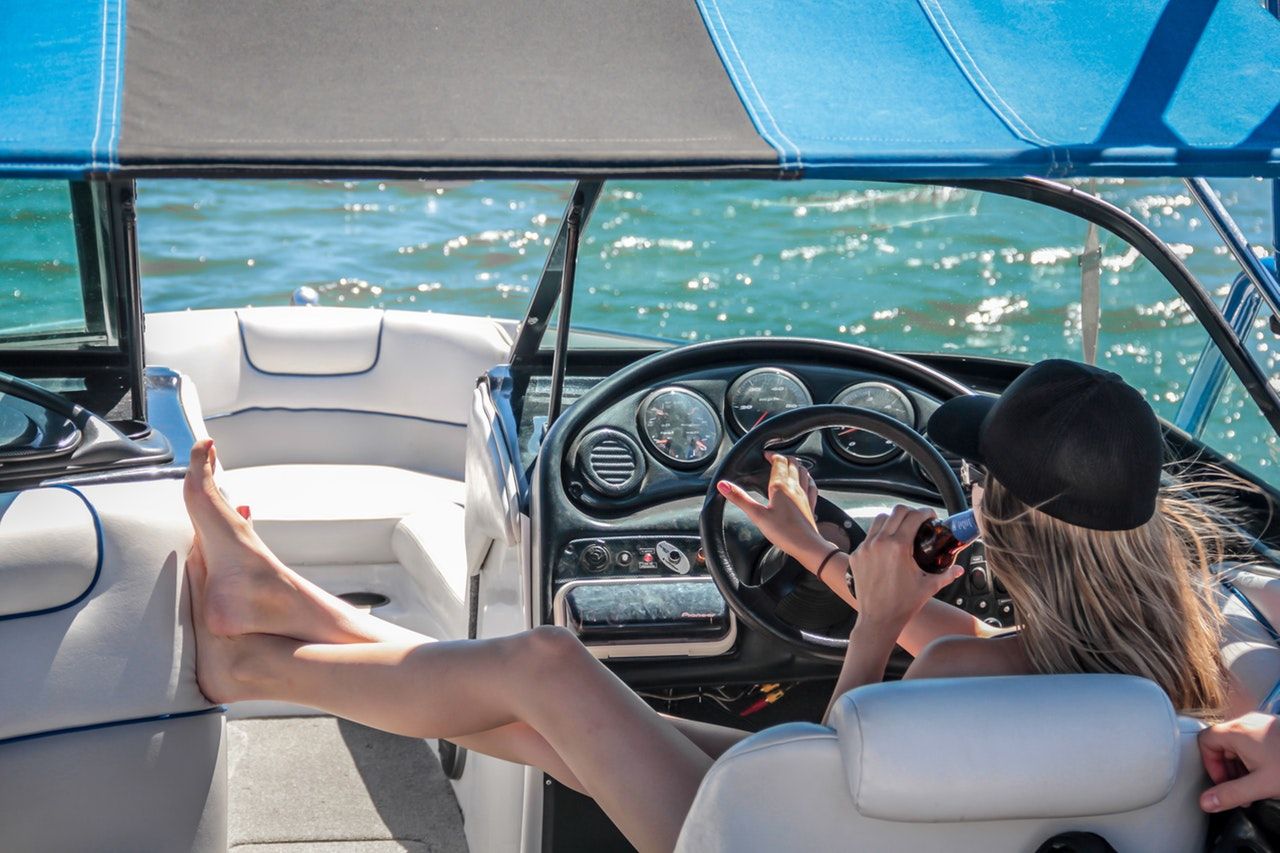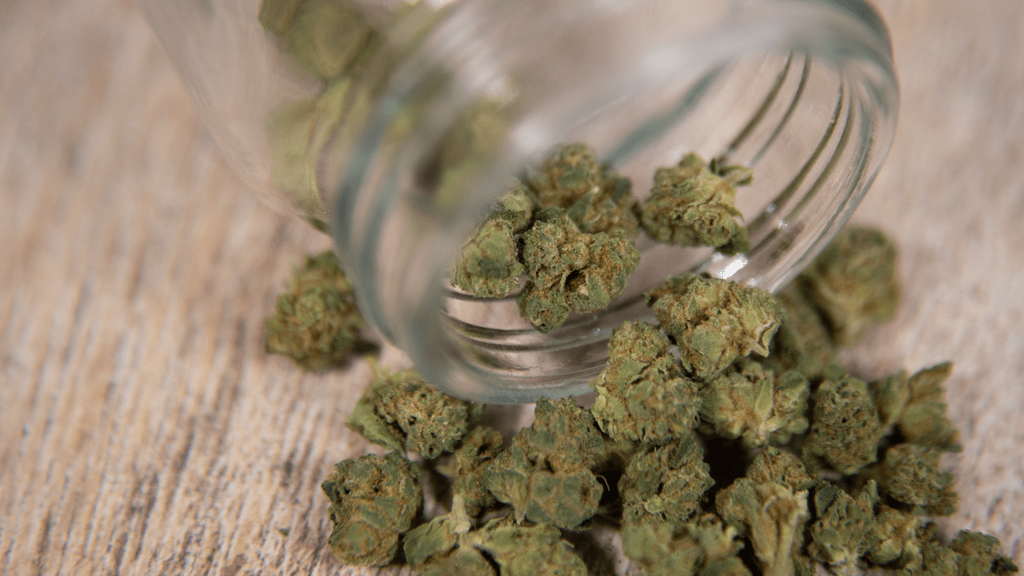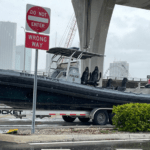More Americans than ever live in states where recreational cannabis is legal, but boaters still face a very different reality the moment their vessel enters navigable waters. While state laws control what happens on land, they do not govern the water. Federal jurisdiction—and federal drug laws—take over, which is why the U.S. Coast Guard enforces marijuana rules that feel far stricter than what boaters may be used to.
The key issue is simple: the Coast Guard is a federal military branch, not a state agency. Its officers are required to follow federal law, and marijuana remains illegal under the Controlled Substances Act. Even if a boater bought cannabis legally at a licensed dispensary, has a valid medical card, or is floating in a fully recreational state, none of those protections apply once the boat is on federal waterways.
Federal jurisdiction covers far more than people often realize. Oceans, coastal waters, the Great Lakes, major rivers, and many bays and inlets all fall under the Coast Guard’s authority. A boater launching from California, Maine, or Michigan—states with strong legal markets—is still subject to federal enforcement as soon as they power up and leave the dock. This creates a common but dangerous misconception that “legal on land” equals “legal on the water.” It doesn’t.
During routine inspections and safety checks, Coast Guard officers can ask about drugs, observe for impairment, or investigate unusual behavior. If cannabis is found on board, even in small amounts, officers may confiscate the product, issue fines, or conduct further searches. Larger quantities or evidence of trafficking can lead to criminal charges. For boaters, the fact that the cannabis was purchased legally or intended for medical use does not change the federal response.
Another reason for the Coast Guard’s strict stance is its focus on safety. Impairment remains a major factor in boating accidents, and THC affects reaction time, coordination, decision-making, and awareness—all critical skills on the water. Because boating involves constantly changing conditions, moving vessels, and unpredictable hazards, officers take any sign of impairment seriously. Their zero-tolerance approach allows them to act quickly when they suspect a boater may not be operating safely.
Many boaters are also surprised to learn that vessels don’t need to be cruising at speed for marijuana rules to apply. Even anchored or docked boats on navigable waters fall under federal authority. A routine safety check at a marina, fuel dock, or anchorage can still lead to trouble if cannabis is found on board.
The rules become even more complex for boaters crossing state lines by water. Traveling from a recreational state into a medical-only or fully illegal state introduces overlapping layers of enforcement risk. Yet throughout the entire trip, one thing stays constant: federal law governs the water, no matter how state cannabis laws differ.
For recreational, medical, and occasional boaters alike, the safest and simplest solution is to keep cannabis off the boat entirely. Enjoy it onshore, within state boundaries, where state legalization provides actual protection. On the water, marijuana laws don’t blur or bend. Federal rules are clear—and the Coast Guard enforces them every day.
Understanding these differences can keep a relaxing day on the water from escalating into fines, legal trouble, or safety issues that cut a boating trip short.







